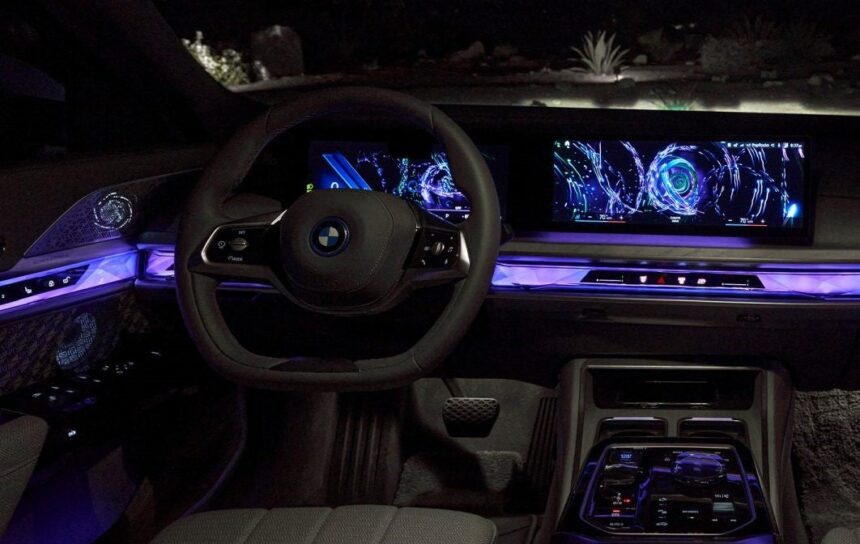German automaker BMW recently announced a new partnership with China’s Tsinghua University to establish a research and development center focused on advanced technologies such as artificial intelligence (AI), vehicle to everywhere (V2X), and solid-state batteries (SSBs).
Tsinghua University, located in Beijing, already has partnerships with Japanese automakers Toyota and Nissan in technology development. BMW group chairman Oliver Zipse highlighted the importance of China as an innovation hub and a leader in intelligent mobility development.
The new joint research institute, named “The Sustainable Development and Mobility Innovation Joint Research Institute,” will concentrate on cutting-edge automotive technologies including battery cell safety, SSBs, recycling, AI, and vehicle-road-cloud integration. It aims to cultivate new engineering talent for BMW’s Chinese operations and promote cultural integration.
BMW plans to introduce a new generation of connected technologies, including V2X, in its vehicles manufactured in China starting next year. This move aligns with the company’s strategy to stay at the forefront of technological advancements in the automotive industry.
The partnership with Tsinghua University signifies BMW’s commitment to innovation and sustainability in the Chinese market. By leveraging the expertise of the university and collaborating on research and development, BMW aims to drive forward the next generation of mobility solutions.
Overall, this collaboration between BMW and Tsinghua University marks a significant step towards advancing automotive technologies and creating a more sustainable and connected future for the industry.







